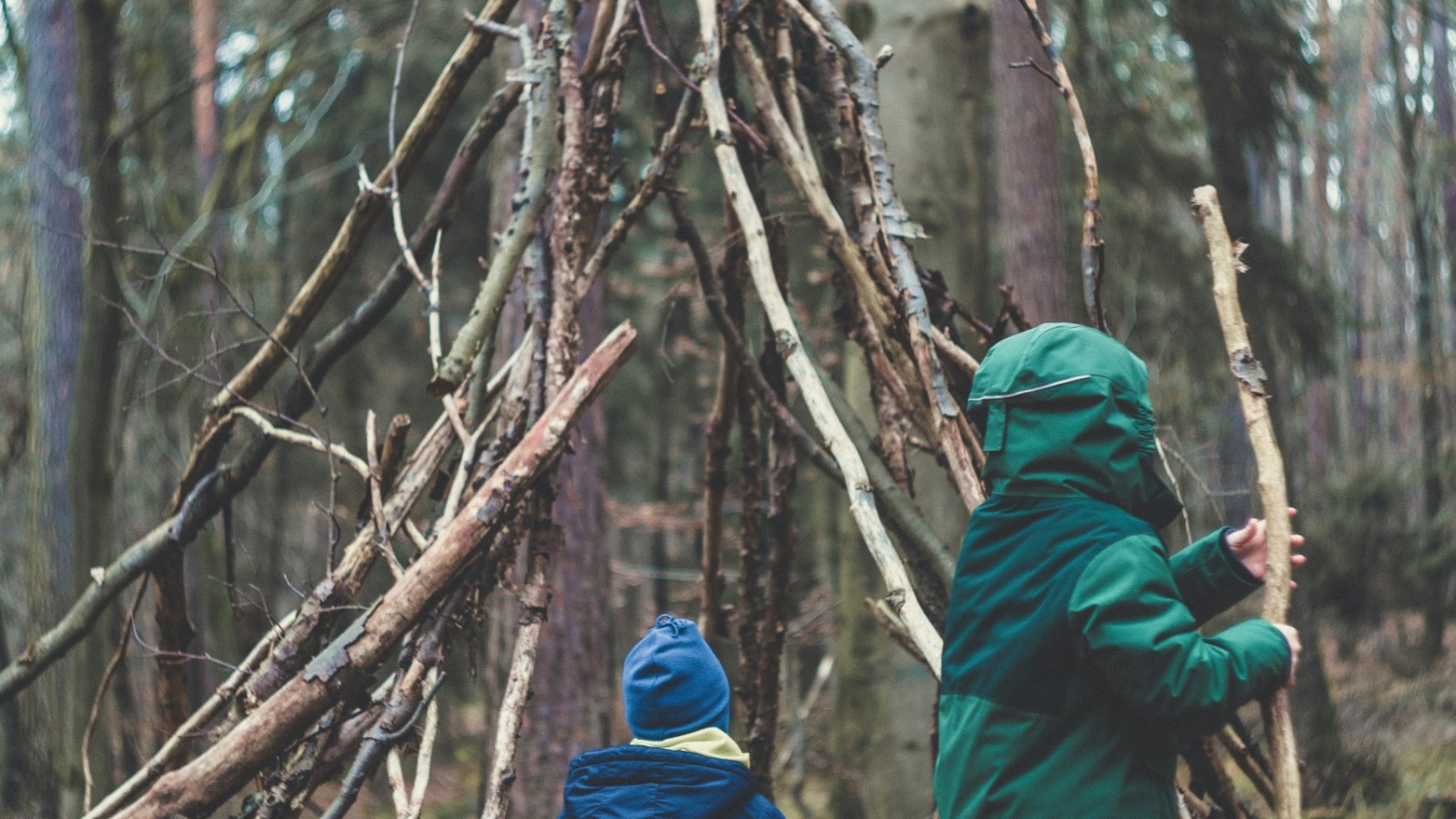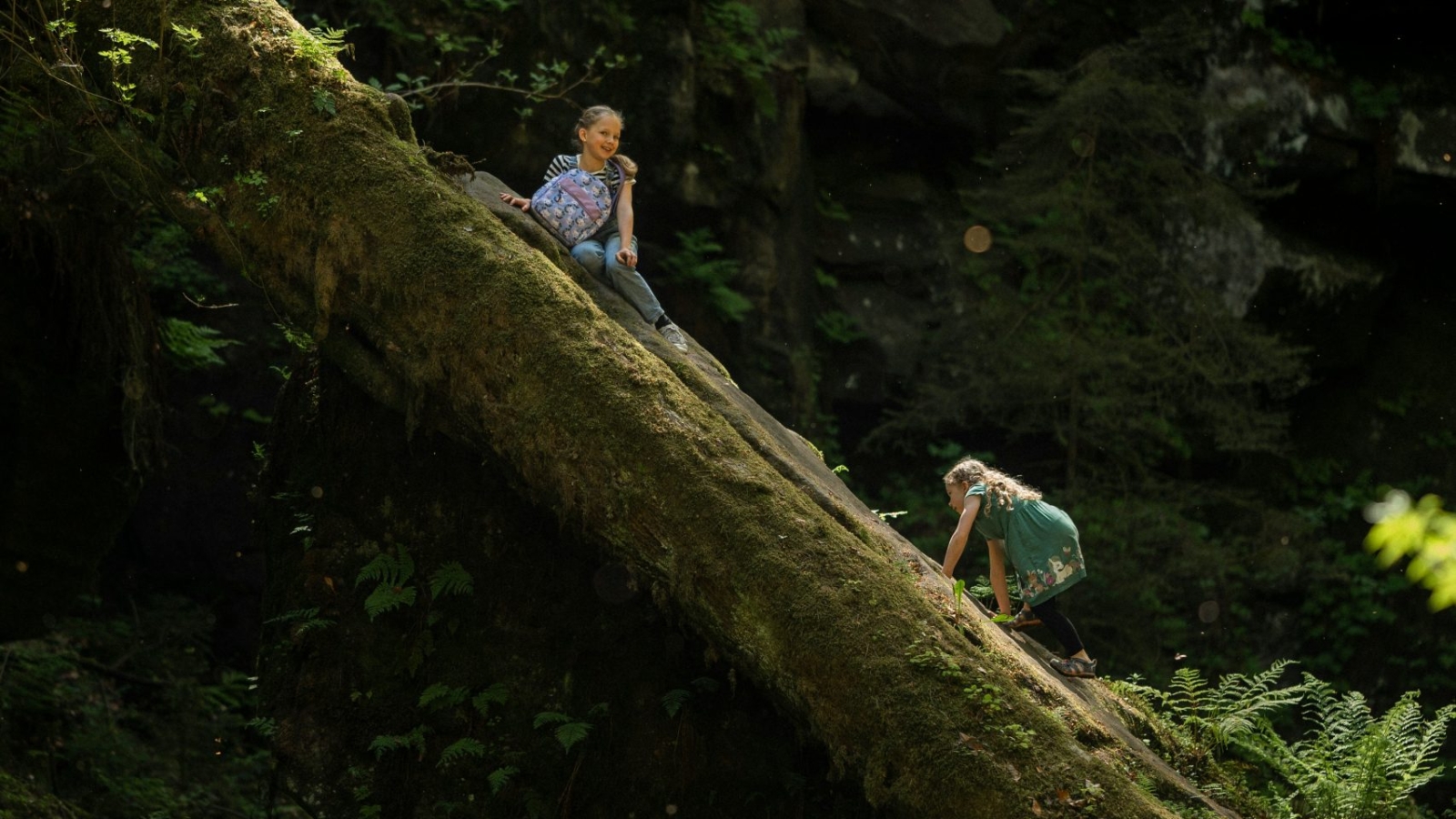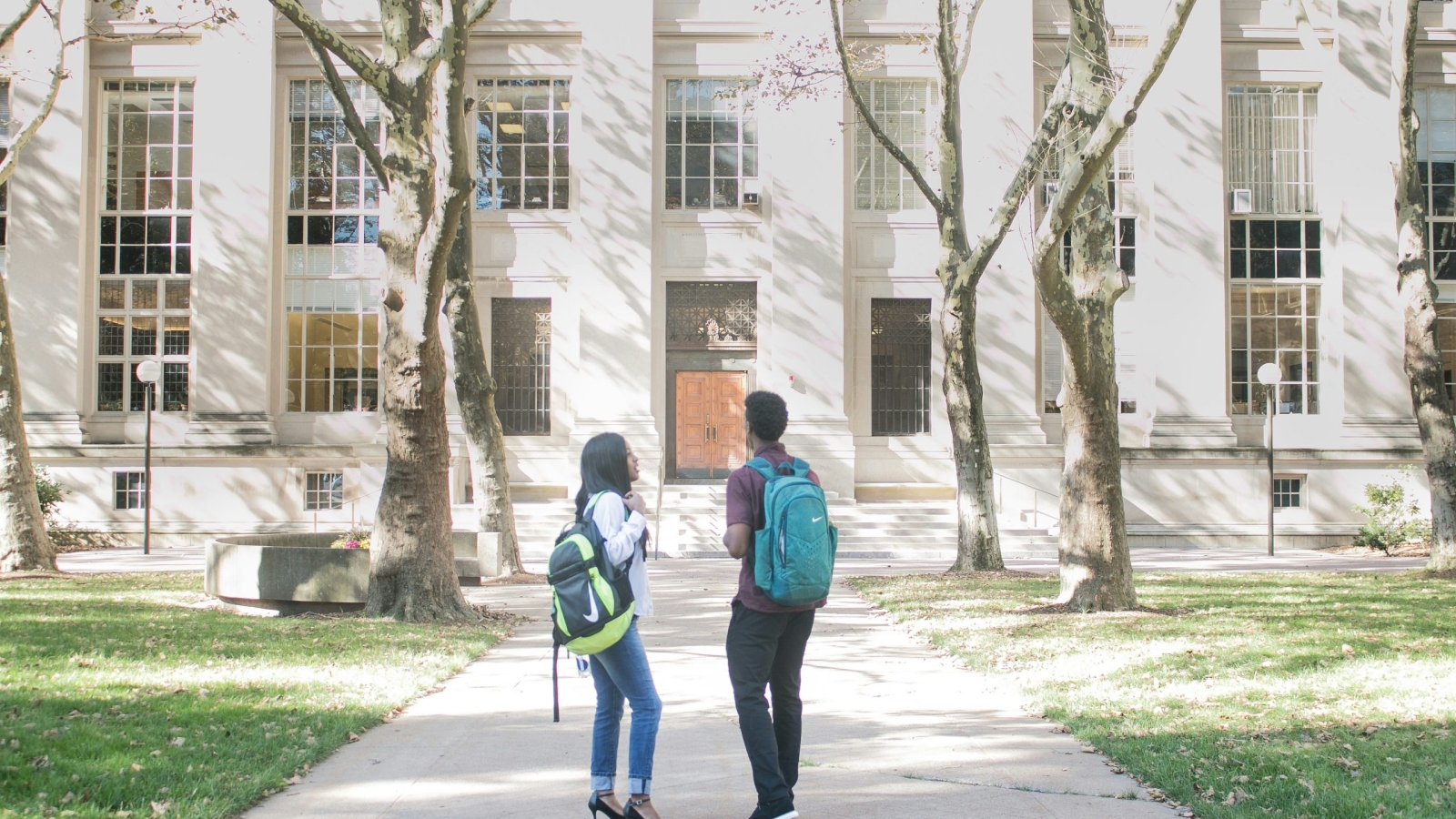In today’s world, where technology often dominates the lives of young people, the importance of reconnecting with nature has never been more crucial. Field trips that immerse students in natural environments offer much more than just a break from the classroom—they ignite a sense of wonder, curiosity, and, most importantly, a passion for environmental conservation. By bringing students face-to-face with the beauty and fragility of the planet, these outdoor experiences can foster lifelong environmental stewardship.
1. Connecting with Nature on a Personal Level
One of the most profound ways nature field trips inspire environmental conservation is by creating personal connections with the environment. When students venture into the wilderness—whether it’s a national park, a forest, or a coastal ecosystem—they are given the opportunity to witness the natural world firsthand. This personal interaction goes beyond textbook learning, as students can see, touch, smell, and hear the environment around them.
Being surrounded by the natural beauty of trees, rivers, and wildlife evokes a sense of awe. When students stand in front of a majestic mountain or explore a diverse wetland, they begin to see nature not just as an abstract concept, but as a living, breathing ecosystem worth protecting. This connection often fosters a newfound respect for the planet and a desire to care for it.
2. Encouraging Curiosity and Critical Thinking
Nature is the ultimate classroom, offering endless opportunities for inquiry-based learning. Field trips in natural settings encourage curiosity by prompting students to ask questions, seek answers, and explore their surroundings. They might wonder why certain plants grow in specific areas, how animals adapt to their habitats, or what role ecosystems play in maintaining balance in the environment.
This hands-on experience promotes critical thinking and problem-solving skills. Students are not just passive recipients of information; they actively engage with the world around them. They might discuss environmental challenges, such as pollution, deforestation, or climate change, and brainstorm possible solutions. This intellectual engagement with environmental issues can spark a desire to understand these problems on a deeper level and contribute to solving them.
3. Fostering Empathy for Wildlife and Ecosystems
Field trips into nature often expose students to wildlife in its natural habitat. Whether it’s observing birds nesting in trees, watching fish swim through clear streams, or encountering small mammals scurrying through the forest, these experiences help students develop empathy for the creatures they encounter. Seeing animals in their natural environments reminds students that humans share the planet with a diverse range of species, all of which play important roles in maintaining ecological balance.
This empathy extends to ecosystems themselves. When students explore fragile environments like coral reefs, wetlands, or rainforests, they begin to understand the delicate interdependence of nature. They witness how even small disruptions—like littering or habitat destruction—can have significant consequences. This understanding often drives students to take action, both individually and collectively, to protect these ecosystems from harm.
4. Hands-On Conservation Learning
Many nature field trips incorporate elements of environmental education and conservation efforts. Whether it’s participating in tree planting, beach clean-ups, or habitat restoration projects, students often get the chance to engage directly in conservation work. These hands-on activities make environmental issues tangible and provide students with practical ways to make a positive impact.
Participating in these activities helps students understand the importance of conservation on a personal level. They begin to see themselves as stewards of the environment and realize that even small actions, like recycling or reducing energy consumption, can contribute to the preservation of the planet. Field trips that incorporate conservation activities often leave students feeling empowered and motivated to continue making a difference long after the trip is over.
5. Inspiring Future Environmental Advocates
One of the most lasting effects of nature field trips is the potential to inspire future environmental advocates. When students experience the beauty and complexity of the natural world, many develop a lifelong passion for environmental issues. These early experiences can shape career aspirations, leading students to pursue fields such as environmental science, biology, ecology, or sustainability.
Even for those who do not choose environmental careers, the impact of a nature field trip can still be profound. Many students go on to become environmentally conscious citizens who make sustainable choices in their daily lives. They may advocate for eco-friendly policies, participate in community clean-ups, or educate others about the importance of protecting the planet.
6. Building a Sense of Responsibility
Ultimately, nature field trips instill a sense of responsibility toward the environment. Students come away with an understanding that the planet’s well-being is directly linked to human actions, and that they have a role to play in preserving it for future generations. Field trips teach them that the environment is not something separate from themselves—it is their home, and its health is essential to their own survival.
When students witness the consequences of environmental degradation—whether it’s polluted rivers, deforested landscapes, or endangered species—they begin to realize that change is necessary. These experiences often plant the seeds of activism, motivating students to join or support environmental causes, both locally and globally.
Conclusion: Field Trips as Catalysts for Conservation
Nature field trips offer far more than just a day outside the classroom. They provide students with meaningful experiences that foster a deep connection to the environment, cultivate empathy for wildlife, and encourage hands-on involvement in conservation efforts. By igniting a passion for the natural world, these trips help shape the next generation of environmental stewards—individuals who will champion the cause of conservation and work to ensure a sustainable future for all.
In a world where environmental challenges are increasingly urgent, the value of nature field trips cannot be overstated. They are not just educational experiences; they are powerful catalysts for positive change, inspiring students to protect the planet and preserve its beauty for generations to come.



